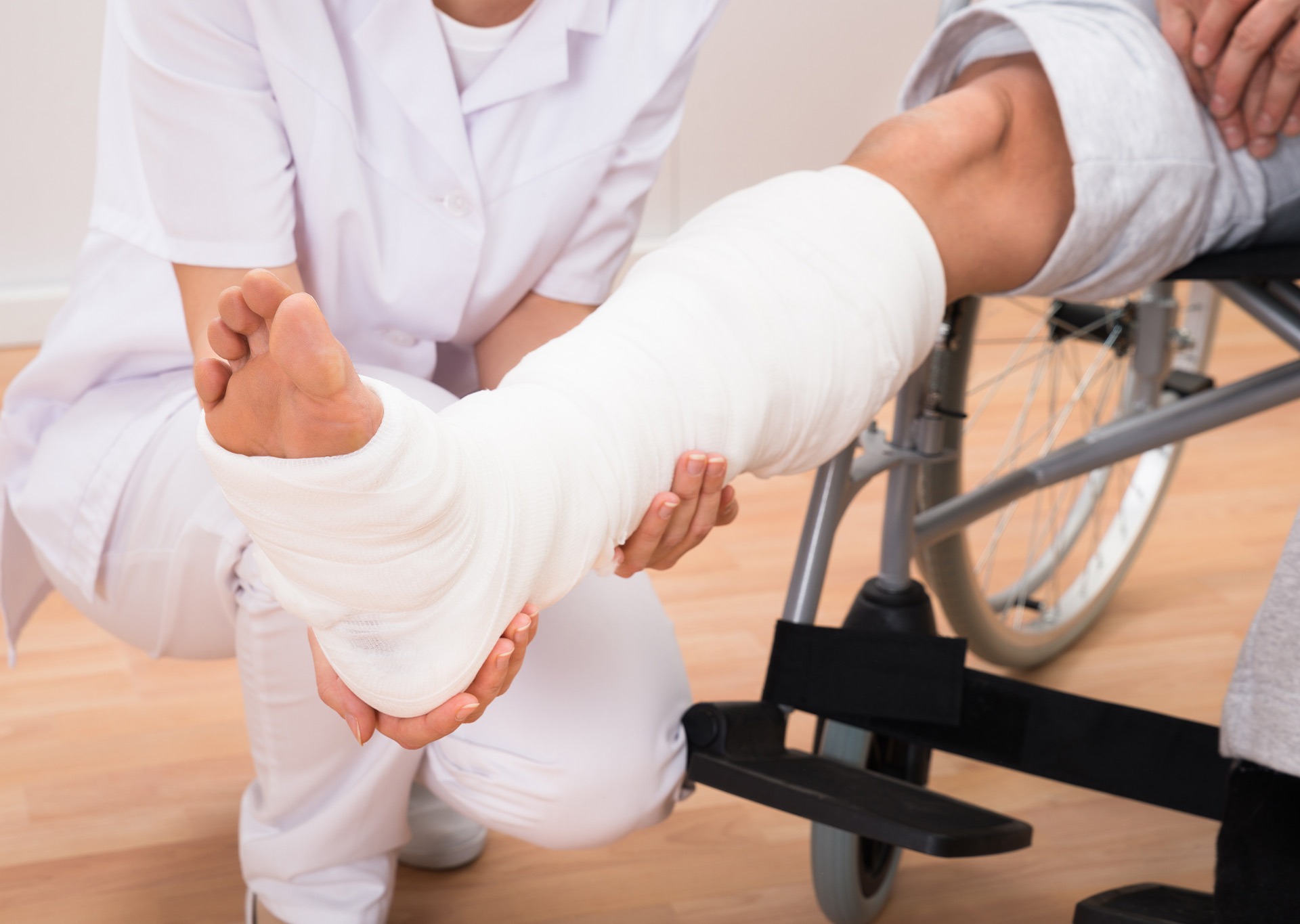
How to choose a specialist care for a person with reduced mobility
Choosing specialist care for a person with reduced mobility is a significant decision that requires careful consideration. Reduced mobility can impact every aspect of daily life, from personal independence to physical and emotional well-being. The right care not only addresses immediate mobility needs but also ensures long-term comfort, safety, and quality of life. Factors such as the individual’s specific requirements, the environment they live in, and the available mobility aids all play a crucial role in making this choice. In this article, we’ll explore practical steps to help you identify the best specialist care, tailored to support mobility and overall health.
1. Staff training and experience
One of the most important aspects when choosing a specialist care service is the training and experience of the staff. The staff should be well trained to handle mobility devices and prevent possible injuries when mobilising the person, ensuring that they remain comfortable and safe during daily care. In addition, training in common conditions of the elderly, such as arthritis, Alzheimer’s or circulatory problems, is essential to tailor the service to the specific needs of each person. It is essential that the staff have medical knowledge and also an empathetic understanding of the care process, ensuring that the person feels respected and cared for in a comprehensive manner.
Constant communication between family members, healthcare professionals and the person being cared for is equally important. Maintaining a fluid dialogue allows the care plan to be adjusted according to changes in mobility or health needs, promoting a personalized approach that evolves with the person.
2. Facilities and specialized equipment
Another key factor when choosing a specialized care service is to ensure that the facilities are accessible. Accessibility is essential for a person with reduced mobility, so it is essential to verify that the facilities have ramps, wide hallways and adapted bathrooms to facilitate access and ensure safety. In addition, a comfortable and safe environment is crucial to avoid falls or accidents.
Specialized equipment also plays a central role. Adjustable beds, hoists for transfers and other mobility aids, such as electric or manual wheelchairs and rollators, should be available to facilitate daily care. These devices ensure the comfort and safety of the patient, while allowing health personnel to provide more efficient and less invasive care. A well-equipped environment is therefore essential to improve the quality of life of people with reduced mobility.
3. Focus on mobility and rehabilitation
Specialized care should not only address medical needs, but also promote mobility and rehabilitation. Adapted exercise programs and physical activities specifically designed for people with reduced mobility are essential to maintain independence and prevent physical deterioration. Activities such as physical therapy, stretching exercises, assisted walking or use of mobility devices are useful tools to improve flexibility, muscle strength and circulation. These programs contribute to rehabilitation and help improve the patient’s mood and self-esteem, promoting greater participation in daily activities.
In addition, the focus on mobility should be based on each person’s individual capabilities, adapting exercises and activities to their particular needs. In this way, care not only focuses on physical well-being, but also on mental and emotional well-being.
Conclusion: the importance of a comprehensive approach
In summary, choosing suitable specialized care for a person with reduced mobility involves looking for a comprehensive service that not only meets medical needs, but also promotes mobility, rehabilitation and emotional well-being. Staff training, accessible facilities and appropriate equipment, together with a focus on mobility, are essential to improving patients’ quality of life. A good specialist care service provides medical care, while promoting independence, allowing people with reduced mobility to live with greater dignity, safety and well-being.








